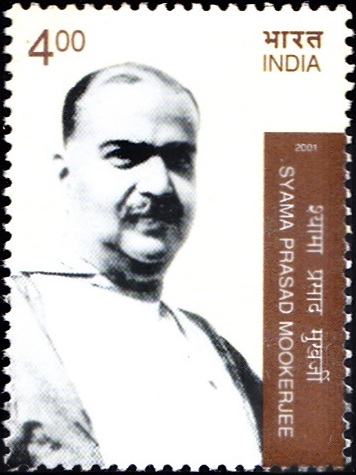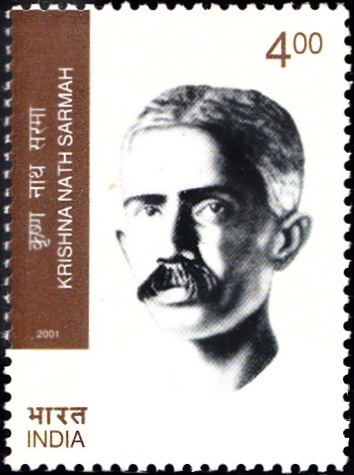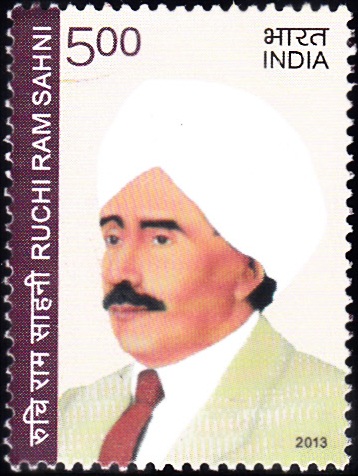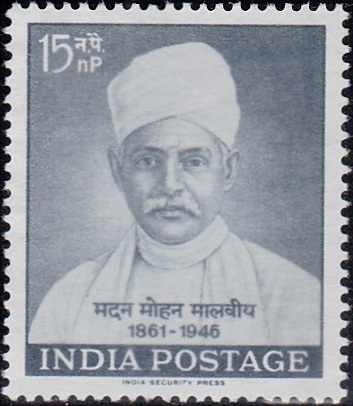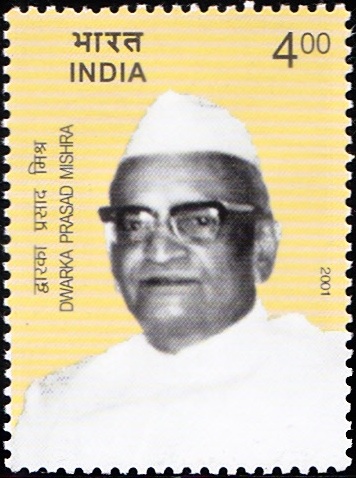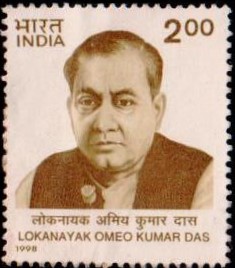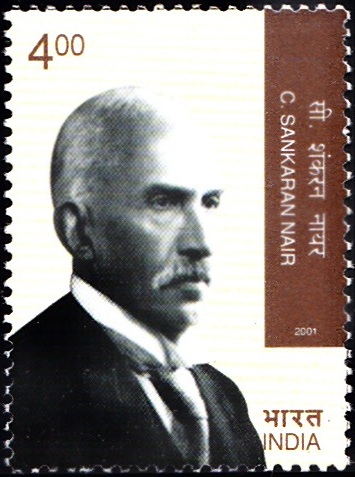
C. Sankaran Nair
A commemorative postage stamp on Sir Chettur Sankaran Nair, President of the Indian National Congress (1897) (part of Personality Series : The Spirit of Nationalism) :

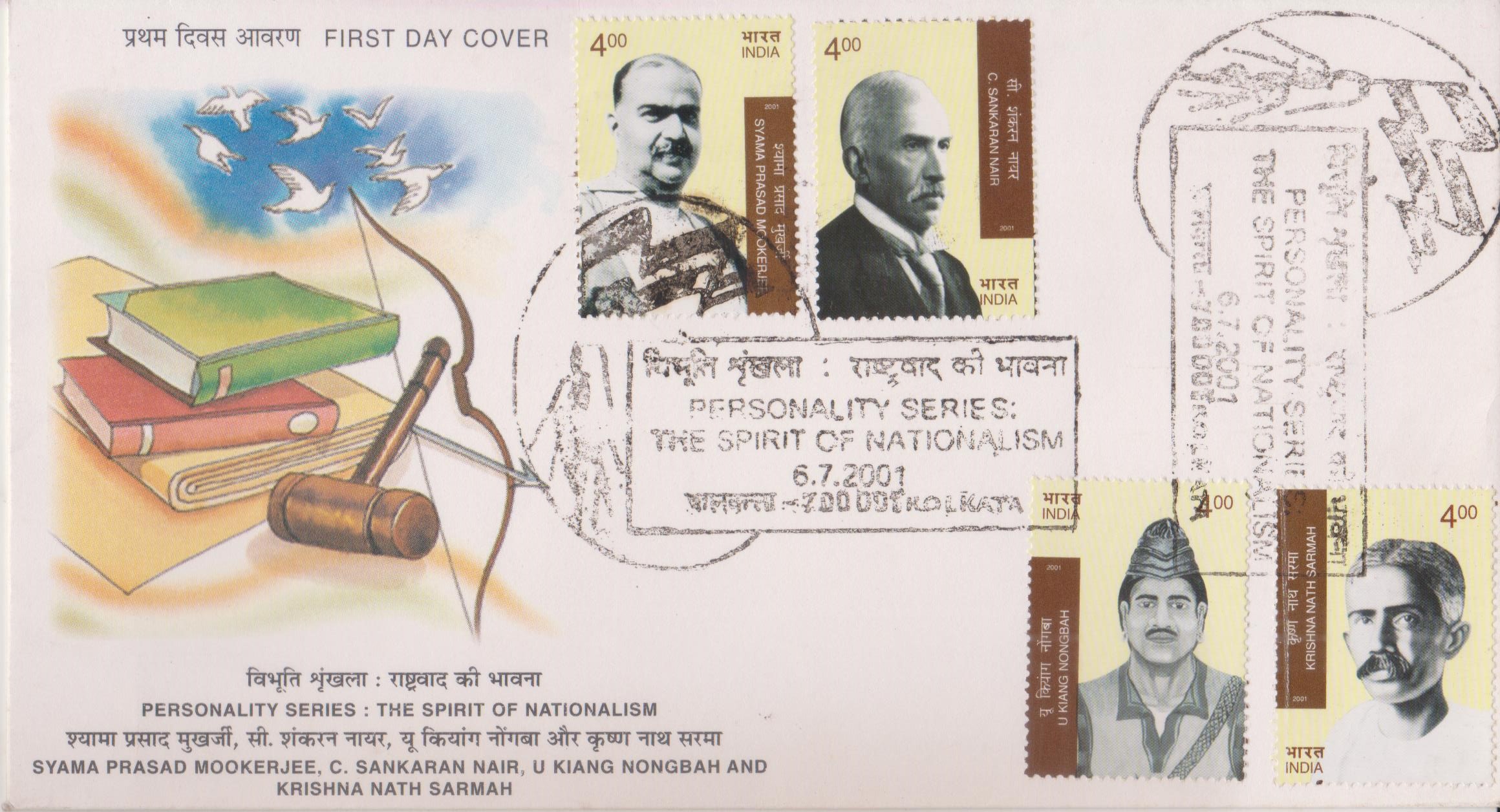 Issued by India
Issued by India
Issued on Jul 6, 2001
Issued for : Continuing with the series of stamps on great personalities who inspired the country and influenced the course of India’s National Movement, the Department of Posts is proudly releasing a set of four stamps honouring Syama Prasad Mookerjee, C. Sankaran Nair, Krishna Nath Sarmah and U Kiang Nongbah.
Design : The First Day Cover design incorporates symbols related to the life and achievements of the four personalities, as perceived by the artist.
Credits :
Stamp : Concept by Alka Sharma, based on material furnished by the sponsors.
FDC : Suresh Kumar
Cancellation : Alka Sharma
Type : Stamp, Mint condition
Colour : Five Colour
Denomination : 400 Paise
Overall size : 3.91 x 2.90 Cms.
Printing Size : 3.55 x 2.54 Cms.
Perforation : 13 x 13
Paper : Imported Unwatermarked Stamp Paper
Stamps Printed : 0.4 million each
Number per issue sheet : 40
Printing Process : Photo Offset
Printer : Eagle Press Private Limited
Name : Sankaran Nair
Born on Jul 11, 1857 at Chettur, Madras Presidency, British India
Died on Apr 24, 1934 at Madras, British India
About :
- C. Sankaran Nair (1857-1934) hailed from an aristocratic family in north Kerala. Making a mark as an eminent lawyer early in his career, he went on to become a Judge of the High Court of Madras, in which capacity he was considered one of the ablest. The British Government recognised his abilities and conferred many distinctions and honours upon him, culminating in a nomination to the Viceroy’s Council in 1919. Despite his admiration for the British democratic institutions, Sankaran Nair was an ardent nationalist who had the courage to speak out for his country. He was elected President of the Indian National Congress in 1897. His notes of dissent as a member of the Viceroy’s council in 1919 created quite a sensation and when he resigned from the Council in the same year in protest against the British atrocities in Punjab, he received an unprecedented ovation. He inspired others with the spirit of nationalism and strove incessantly for the devolution of power into Indian hands. He was also an educationist, an author and a social reformer.
- Text : Based on material furnished by the sponsors.


